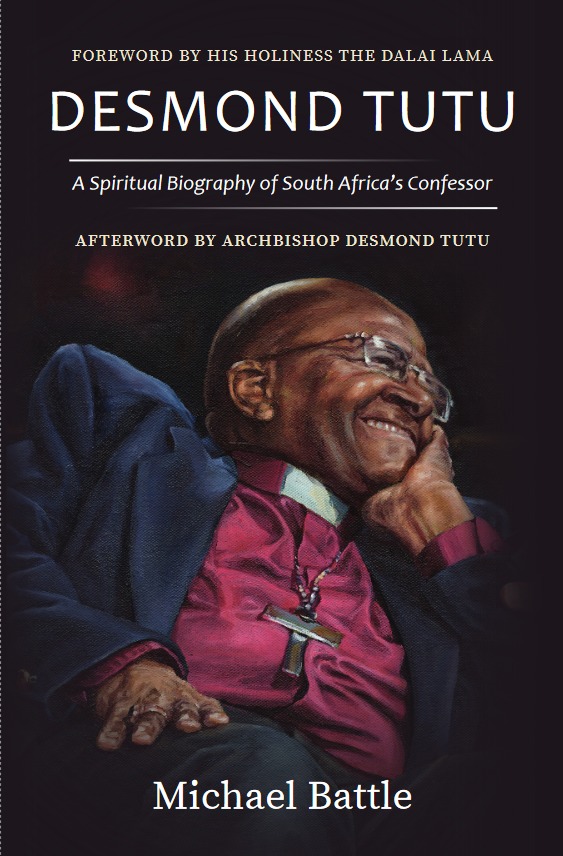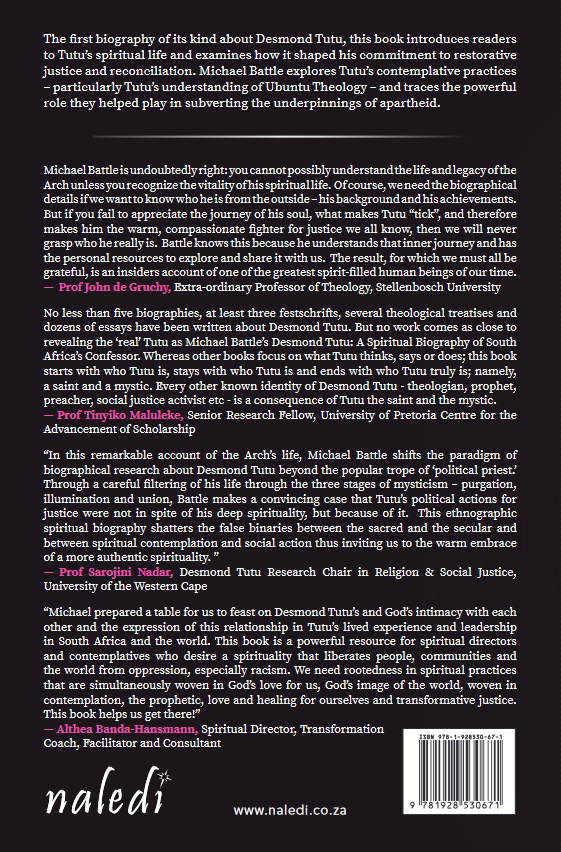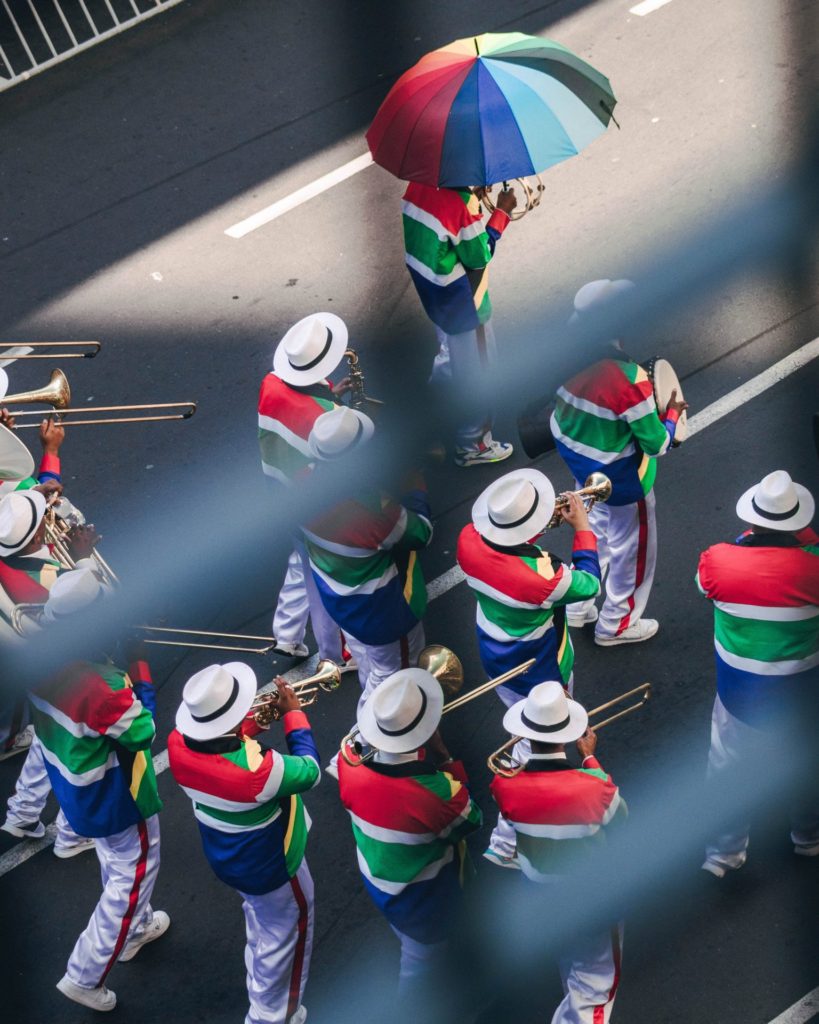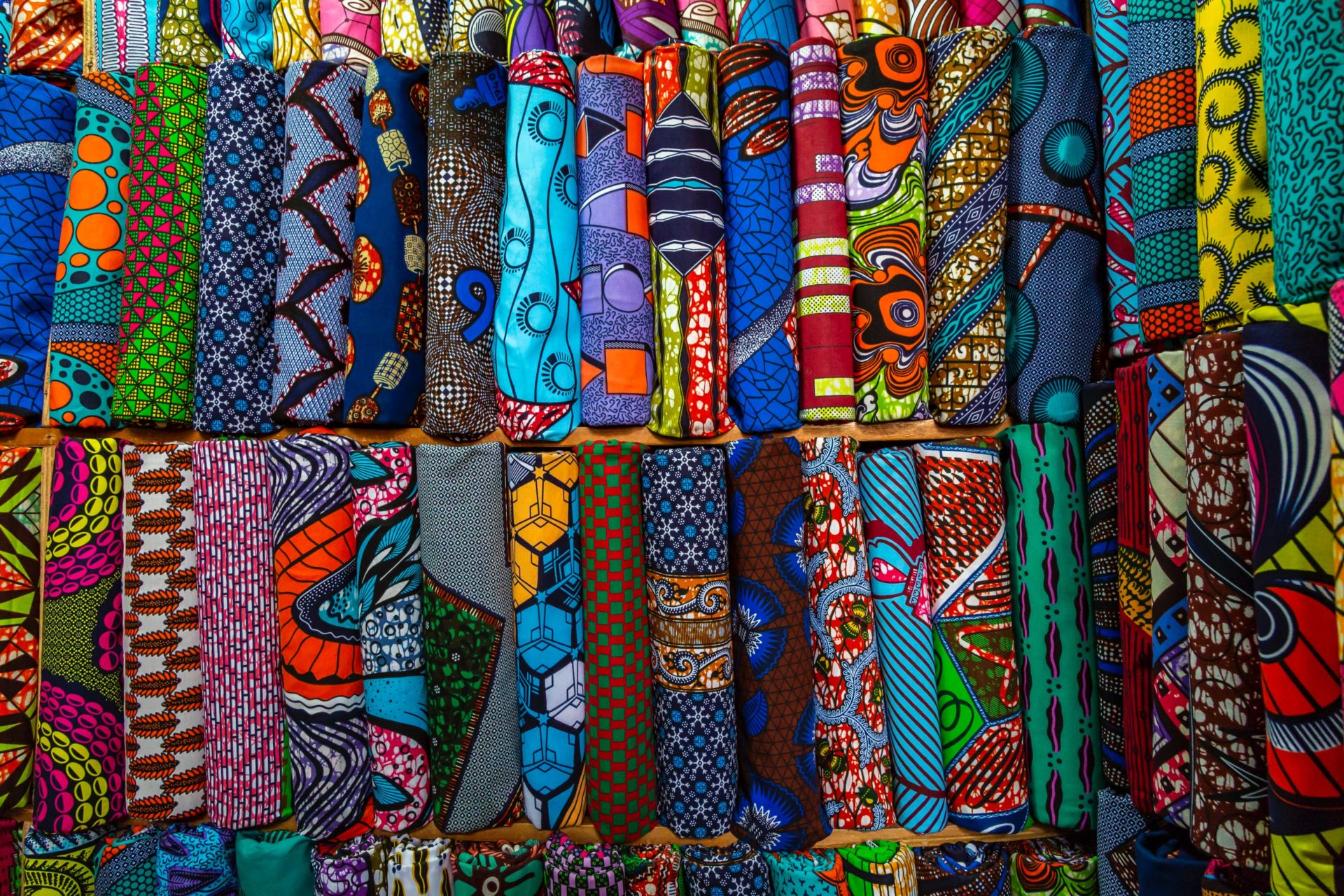The 24th of September is Heritage Day in South Africa!
From Paarl to Upington, Sandton to Tzaneen – we are all impacted by this day. Whether it’s simply sleeping late on the public holiday, dressing yourself or your children up in traditional wear or something which signifies our South African-ness, or cooking traditional meals.
But let’s dig a bit deeper.
Yes, having a day off from work is amazing. And one would have to search hard for someone who doesn’t enjoy a good braai. But what is the essence of Heritage Day?
Why do we celebrate Heritage Day?
It’s a day set aside for South Africans to embrace and celebrate our diverse ethnicities, languages and cultures.
When these exact things were used to separate us in the past, Heritage Day encourages us to use them to come together as a nation. It gives us an opportunity to break down the barriers of ‘us vs them’ and allows us to realise our interconnectedness.
I am because you are.
Ubuntu.
Also described as “a person is a person through other persons.”

Although the word itself is difficult to translate directly into the English language, it attempts to sum up the same idea – that even though we are individuals, we form part of a greater community and that the one cannot exist in the absence of the other. It’s a sense of knowing who you are as an individual, and at the same time feeling completely connected with where you are from. And where you are from, in this sense, isn’t necessarily a geographical location, but rather a deep-rooted sense of belonging – to each other, to the soil.
However different we may be, we are the same. We are a rainbow nation.
Heritage Day and Archbishop Desmond Tutu
Of course, one cannot separate our Heritage Day celebrations from the struggle icons of the past.
One in particular is our beloved Archbishop Emeritus Desmond Mpilo Tutu – or fondly referred to as ‘the Arch.’ Some of the major events of Archbishop Tutu’s life include: winning the Nobel Peace Prize in 1984; serving as the first black archbishop of Cape Town and of Southern Africa from 1986 to 1996 and chairing the Truth and Reconciliation Commission from 1995 to 1998.
He also coined the phrase the ‘rainbow nation.’ In our post-apartheid country, this referred to our entire nation inclusive of all our varied cultures, traditions and languages.
In addition, he endorsed the idea of making Heritage Day “braai day,” saying that “…this has a wonderful potential to bring us all together…. We have 11 different official languages but only one word for the wonderful institution of braai…” And he’s right. Thank you, Arch!
It goes without saying, then, that when one thinks about Heritage Day, one has to think about Archbishop Tutu.
A new book, Desmond Tutu: A Spiritual Biography of South Africa’s Confessor is available to purchase now.

Although much has been written about Archbishop Tutu in the past, this book, written by the Rev. Michael Battle, narrates his biography from a different perspective.
With the foreword written by His Holiness the Dalai Lama and the afterword by the Archbishop himself, this book is described as follows:
“Rather than recount his entire life story, this book explores Tutu’s spiritual life and contemplative practices—particularly Tutu’s understanding of Ubuntu theology, which emphasizes finding one’s identity and wholeness in community—and traces the powerful role they played in subverting the theological and spiritual underpinnings of colonialism and apartheid. Michael Battle’s personal relationship with Tutu grants readers an inside view of how Tutu’s spiritual agency cast a vision that both upheld the demands of justice and created a space of grace to synthesize the stark differences of a diverse society and help South Africans build a new community, new ‘samehorigheid’, and ‘Ubuntu’.”
In a review of this book, written by Lisel Joubert (from the University of Stellenbosch), she says:
“Battle leads the reader into a well formulated discussion of Ubuntu and how it can be a corrective on individualistic understandings of faith. A person cannot be seen as separate from community in all its possible forms. The reader is led to understand how Ubuntu formed a foundation in the thought and life of Tutu … This Ubuntu enables him to embrace all denominations and religions. In speaking from his own particularity he invites other faiths to do the same.”
She further writes:
“What makes this book important in the times that we live in? Most importantly: “That we do not forget”. New generations from whatever denomination or religion cannot be allowed to forget the spiritual dimension of the fight against injustice. Interlaced with this remembering is the insight that in the spiritual formation of people and communities the focus on being is of crucial importance in a growing utilitarian world.”
If the crux of nation-building is Ubuntu, then this book is undoubtedly something we should be adding to our South African Heritage toolbox.

Michael Battle is an Anglican priest, Herbert Thompson Professor of Church and Society and Director of the Desmond Tutu Center at General Theological Seminary in New York, and President and CEO of the PeaceBattle Institute.
To get your copy of Desmond Tutu: A Spiritual Biography of South Africa’s Confessor, distributed by Naledi Publishers:
>SMS the word “Tutu” to 48423
>You can also email edwin@tutu.org.za of the Desmond & Leah Tutu Legacy Foundation.
>The book will hit Exclusive Books shelves on the 25th of September 2021.
>If you’re living outside of South Africa, you can also purchase a copy directly from Rev. Battle’s website.
***
If you are an expat, or if you’ve lived in another country for any amount of time, you may not admit it openly, but the words of the Vusi Mahlasela song definitely ring true: “I may be walking through the streets of a city called London; But the dust on my boots and the rhythm of my feet and my heartbeat say Africa.”
Don’t think that the simplicity of these words has been written as an attempt to blot-out all the injustices we face.
I am not naïve. Our country and its people are not perfect. Not even by the furthest stretch of the imagination.
But if we, as individuals take pride in who are, and take heed of the words from people like Archbishop Tutu, we can build this nation to be something great.
So, let’s celebrate this Heritage Day! Let us commemorate not only how far we’ve come, but also where we’re heading. And let’s make our destination something worth fighting for.
Enjoy your braai! Happy Heritage Day.
(P.S.: ‘Braai’ is the South African word for barbecue.)


